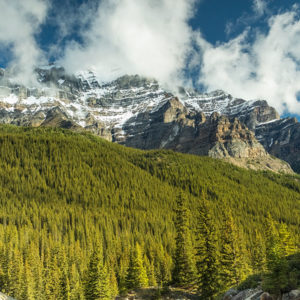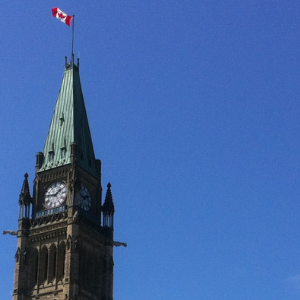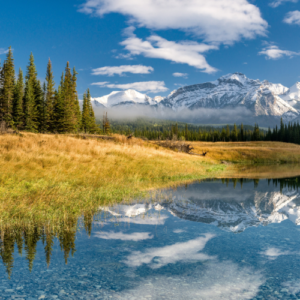Break Your Silence, Premier Clark
05/17/2012
As the federal government soldiers on in its quest to fast-track the Northern Gateway pipeline over the objections of Canadians everywhere, British Columbians continue to worry over the future of their coastlines and marine environments — and how an oil spill would affect the tourism and fisheries industries upon which so many residents depend.
Many are looking to Premier Christy Clark and urging her to break her silence and support the majority of British Columbians who oppose this project. Nature Canada and BC Nature, joint intervenors in the National Energy Board Joint Review Panel’s hearings into the pipeline, have issued an open letter to the Premier. Here’s the main message:
…We are deeply disturbed by the BC Government’s failure to date to take a position on this risk laden project that threatens irreparable damage to the environment and economy of coastal British Columbia. Our submission of evidence to the Joint Review Panel last December, which focused specifically on threats to marine birds and mountain caribou … revealed significant deficiencies and faulty conclusions in the proponent’s Application, especially in regard to potential impacts on marine birds.
It is all the more shocking to learn that economist Robyn Allan, in her research on the economics of the Northern Gateway Project, has found that, to quote from her report Proposed Pipelines and Tanker Spill Risk for BC of May 6, 2012,
“the pipeline is designed to expand from the initial capacity of 525,000 barrels per day to 850,000 barrels per day—a 60 percent increase in capacity. The condensate pipeline is designed to expand from 193,000 barrels per day to 274,000 barrels per day—a 40 percent increase in capacity. All that is required for this expansion, once the pipelines are built, is the addition of pump stations and pump units.”
In other words, the stated annual volume of Enbridge’s crude oil tanker traffic through the hazardous channels connecting Kitimat to the open ocean would build up from the 220 tankers estimated in the Application to 340 or more tankers, increasing significantly the serious risks associated with the lower figure. There are no mandatory requirements for further impact assessments to consider the higher risks associated with increased throughput in the pipeline and tanker traffic.
The discovery of this buried information illustrates the importance of a comprehensive environmental and economic assessment of the NGP with public input representing a broad range of interests. Most disturbingly, the Federal government has chosen to interfere in the customary independence of the Joint Review Panel assessment of the project by proclaiming its strong support for it and demonizing opponents. Furthermore, the Federal government has undertaken to weaken the Canadian Environmental Assessment Act and opportunities for public input as part of the 2012 Budget, so that the Act is subject to review only by the Finance Committee which lacks the scrutiny of environmental experts, thereby seriously undermining the democratic responsibilities of the Federal government.
With respect, Premier Clark, we believe it is time for BC to exercise its right to withdraw from the Environmental Assessment Equivalency Agreement, whereby BC surrendered its right to have a say in whether the project should proceed. We appreciate that BC signed the Agreement in good faith that the National Energy Board would be able to carry out a fair and impartial review of the NGP, but suggest the Federal government has broken its side of the agreement by its interference in the JRP review.
We also urge you to break your silence and support the majority of British Columbians who oppose this project. There is already adequate evidence on the public record that the Northern Gateway Project is not in the interests of Canadians, and particularly British Columbians who will bear the brunt of any environmental disaster from the high avalanche hazards and unstable nature of the Coast Mountains through which the pipeline must pass, the dangerous conditions for navigation in winter through the Douglas Channel and offshore islands, the risks to salmon and other wildlife from oil spills, and to the livelihoods of thousands of people on the coast, native and non-native. As premier, your responsibilities lie in protecting the environment and interests of your constituents in BC, rather than the interests of largely foreign-owned oil companies with investments in the Alberta oil sands.



